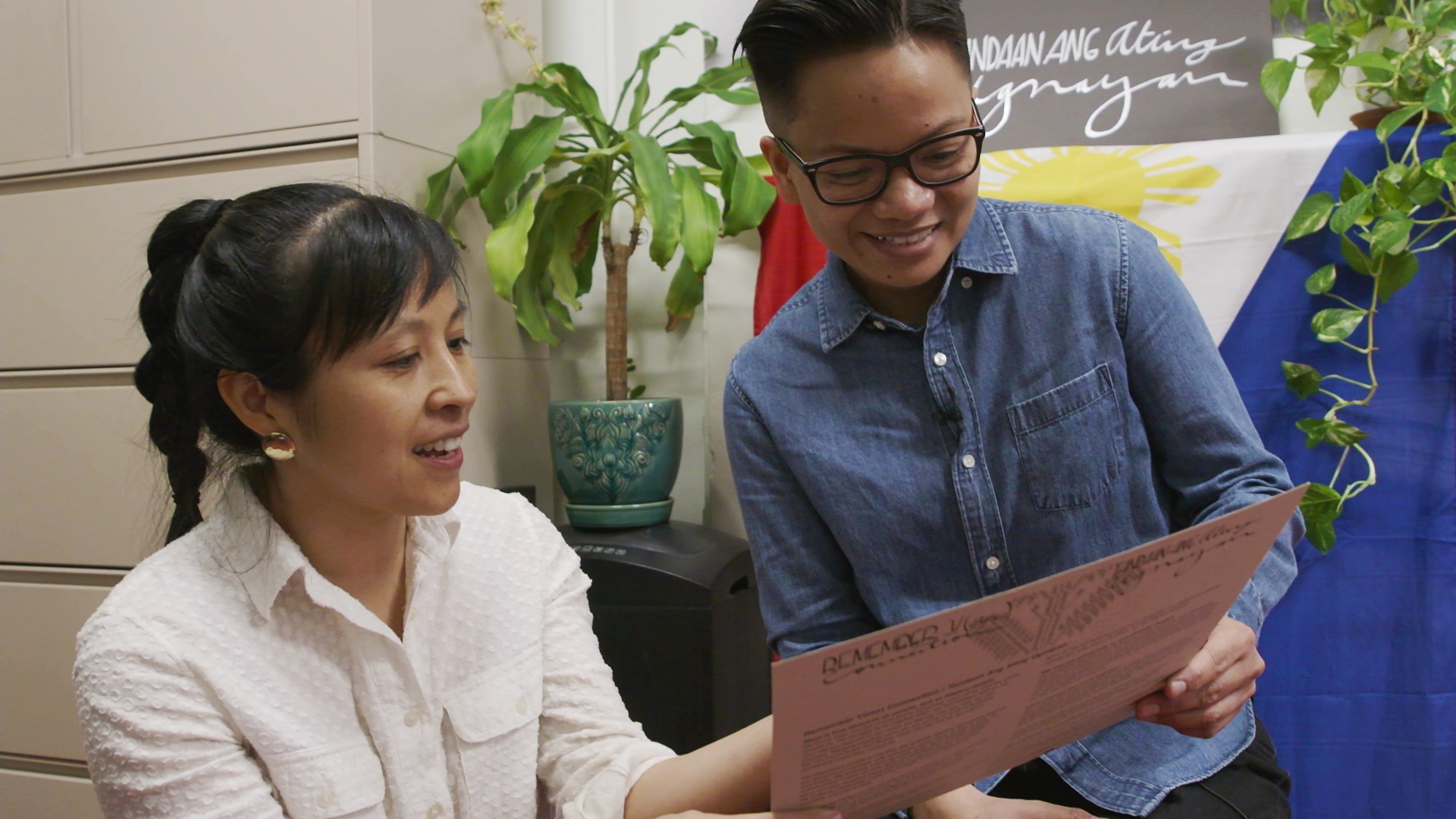Plants, Land, and Culture: RYC/TAAU Phase II
Remember Y(our) Connection is a community arts project for environmental justice restoring our interconnectedness through storysharing, visual art, short documentary film, and interactive envisioning activities.
Leader
Cecilia Lim
Location
39-07 57th St Woodside, NY 11377
About the project
The climate crisis is a social issue with the potential to unite all people in a shared struggle for survival. Ending the crisis requires a culture shift: restoring a sense of interconnection between ourselves, each other, and the world around us. Many groups are working on the interrelated social issues at the root of the crisis, but efforts are siloed.
The Remember Y(our) Connection project partners with community organization Woodside on the Move to uplift our relationships with plants: ways plants nourish, heal, and connect us to land, sea, and culture. Led by Cecilia Lim, a team of community leaders living and working in Queens (NYC, NY, traditional Lenape territory) and representing multiple sectors and institutions will share their plant wisdom through storysharing, drawing, printmaking, short documentary film, and interactive activities. During 10 collaborative work sessions at the Woodside Community School PS 361Q, we will produce a suite of fine art prints (silkscreen, relief), and two short documentary films. We will gather community members at a public celebratory event at the Woodside on the Move offices, 51-23B Queens Blvd, Woodside, NY.
We hope to inspire community members to re-root in our interconnectedness, come together, and take more action to end the climate crisis. We also hope to inspire Queens-based collaborations across cultures and between community organizations and institutions to achieve greater social good.
We are pleased to share that our project has received partial funding from the Decentralization Program, a regrant program of the New York State Council on the Arts with the support of Governor Andrew Cuomo and the New York State Legislature and administered by the Queens Council on the Arts.
The Steps
JANUARY - MARCH 2020
Part I: Artist’s Connection - Engage support for videography, video editing; Shoot footage for film; Produce final edit of film; Produce fine art print
Part II: Workshop Series - Confirm workshop dates with videographer, video editor; Confirm workshop series location; Circulate call for project participants; Select participants; Finalize facilitation plan; Acquire supplies; Facilitate and document sessions
Part III: Community-Building Event - Confirm co-sponsors
APRIL - JUNE 2020
Part II: Workshop Series - Facilitate and document sessions
Part III: Community-Building Event - Confirm event date; Confirm event location; Design flyer; Begin publicizing via social media; Conceptualize interactive art board with workshop participants
JULY - AUGUST 2020
Part II: Workshop Series - Produce film
Part III: Community-Building Event - Prepare interactive art board; Continue publicizing event
OCTOBER 2020
Part II: Workshop Series - Produce final edit of film
Part III: Community-Building Event - Prepare prints; Prepare film; Prepare event program; Prepare panelists; Install prints and interactive art board; Hold event
NOVEMBER 2020
Project debrief with Woodside on the Move, workshop participants
Why we‘re doing it
People from countries on the frontlines of the climate crisis are well-represented in Queens. They are the most directly impacted and best positioned to lead us to solutions. This project will uplift their stories and wisdom to engage our hearts and minds and inspire us to take further action to love and care for ourselves, each other, and the world.
Recovering and protecting the biodiversity of plant life is one approach to sustaining life on this planet and ensuring balance in our ecosystem. Plants are sustenance, medicine. Plants naturally sequester carbon and clean our air, taking in carbon dioxide and giving out oxygen. Industrial farming of animals for human consumption is a major contributor to global warming. Tending to plants increases emotional health. Eating more plants may extend human life. We aim to inspire community members to expand their relationship to plants.
The project team will be mostly female and gender-nonconforming to bring attention to the intersection of environmental justice and ending patriarchy. When we talk about the planet, we refer to Mother Earth. When we talk about where we are from, we refer to our motherland. Our mother was our first environment. Gendered household labor includes tending to subsistence crops and being keepers of plant knowledge for health, wellness, and medicine.

